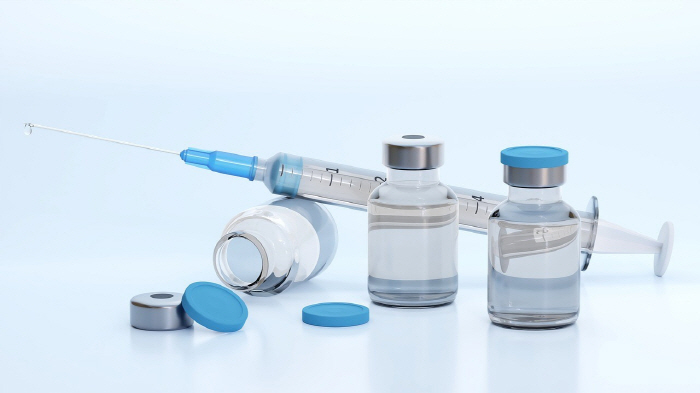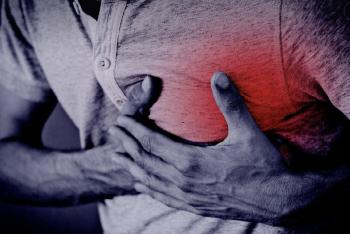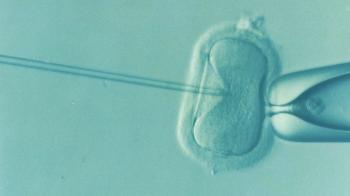Live vaccination with shingles lowers the risk of cardiovascular disease by 23%
May 14, 2025
|
The results of the study were recently published in the `European Heart Journal.'
Shingles is a disease that occurs when the infected 'varicella-zoster' is latent in the body during childhood and is reactivated when immunity decreases. The incidence rate is particularly high among middle-aged people over the age of 50. Experts at home and abroad recommend vaccination for this age group.
Recently, interest in not only shingles but also cardiovascular complications such as myocardial infarction and stroke that may occur afterwards is growing. In fact, domestic and international studies have shown that the risk of cardiovascular disease increases after the onset of shingles. However, there was a lack of clear evidence as to whether the shingles vaccine could reduce the risk of developing cardiovascular disease.
Professor Yeon Dong-gun's research team built large-scale medical big data, including about 2.2 million individuals aged 50 or older in Korea from 2012 to 2021. Through this, we systematically analyzed the effect of live shingles vaccine on preventing cardiovascular disease. This result has important implications in both academic and clinical terms. This study is expected to be an opportunity to suggest the multifaceted effect of vaccination in health management strategies for the elderly.
Studies have shown that live vaccination with shingles lowers the risk of developing cardiovascular disease by about 23%. In particular, the preventive effect against major cardiovascular events (Major Adverse Cardiovascular Events) including myocardial infarction, stroke, and cardiovascular death was clear. This protective effect lasted up to eight years.
The first author of the paper, Kyung Hee University Graduate School of Regulatory Science student Lee Kyung-min (Master's Course) analyzed more than 200,000 adults and found that those with a history of shingles had an increased risk of myocardial infarction or stroke by about 30%. In addition, about 30% of people are likely to develop shingles if they are not vaccinated"In addition to rash, the risk of heart disease also increases. The live shingles vaccine is the most effective means of prevention and protection against infection.'
Professor Yeon Dong-gun said, "This study is the first in the world to present the possibility that a live shingles vaccine can contribute to the prevention of cardiovascular disease through large-scale long-term follow-up data. It will serve as an opportunity to re-examine the importance of shingles vaccination in high-risk groups for cardiovascular disease."
|
This article was translated by Naver AI translator.















